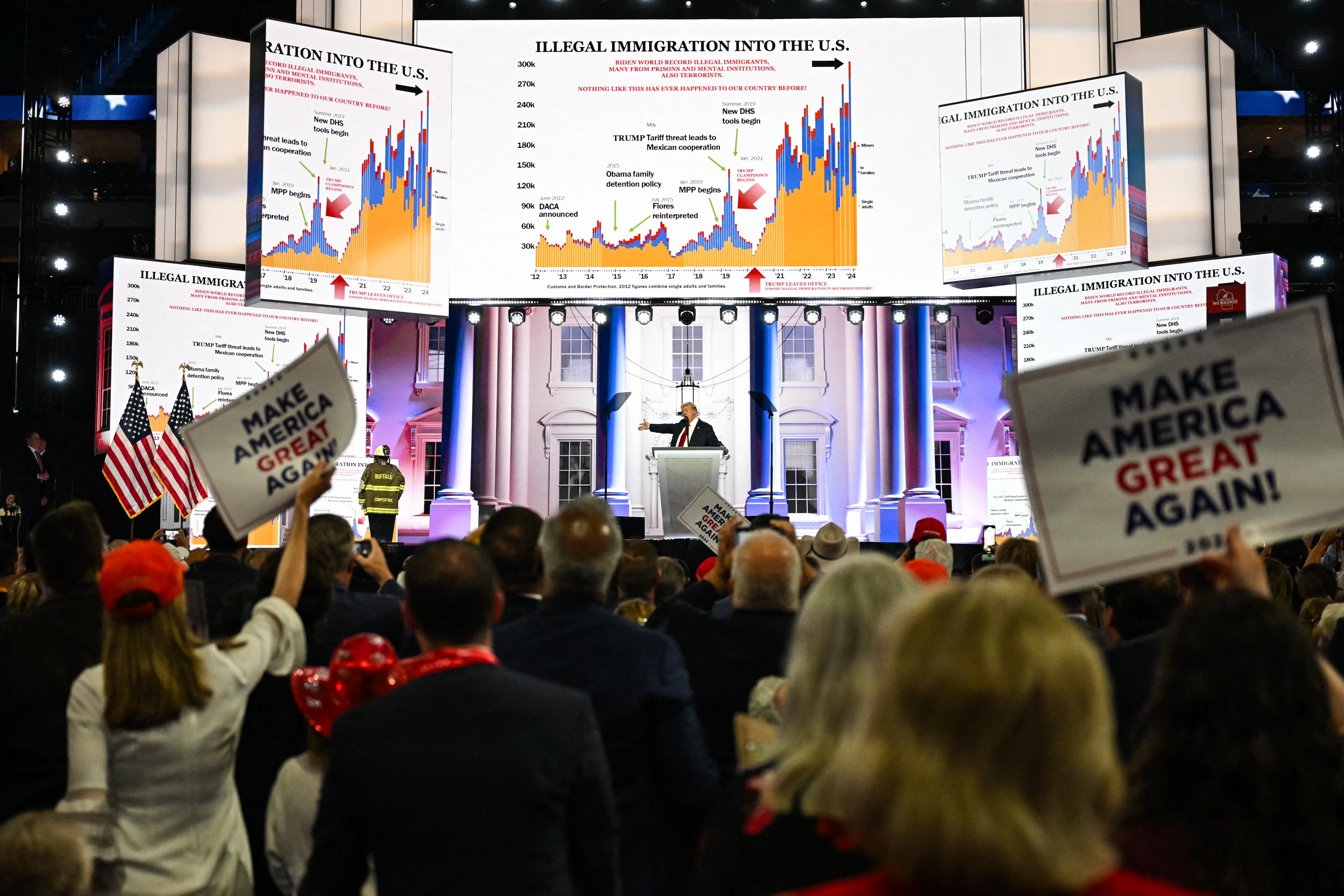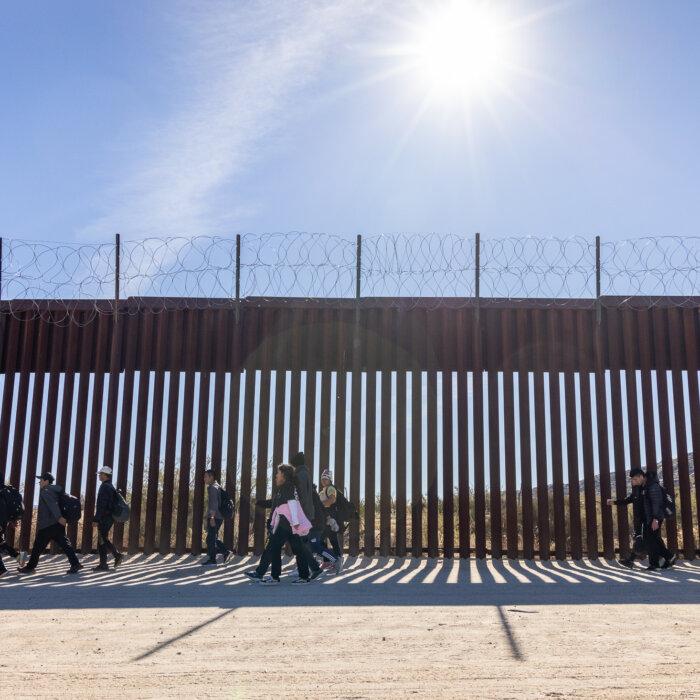President-elect Donald Trump plans to end birthright citizenship for children of illegal immigrants in the United States. Last year, he vowed to sign an executive order to abandon this practice. The specifics of how Trump will change policies within agencies remain unclear, but experts believe he has options. Revoking birthright citizenship could impact new illegal immigrants and deter birth tourism. Trump previously attempted to combat birth tourism through policy targeting the temporary visa program. The potential end of birthright citizenship by Trump may lead to a legal battle and reach the Supreme Court. The concept of birthright citizenship originates from the 14th Amendment of the U.S. Constitution. Trump could direct the State Department and DHS to interpret this amendment in a particular way. Senator Lindsey Graham introduced legislation to end birthright citizenship for children of illegal immigrants. However, it may require a Supreme Court decision for long-term change. The Pew Research Center estimated around 4 million children in the U.S. have illegal immigrant parents. The Federation for American Immigration Reform stated that taxpayers spend around $182 billion annually on illegal aliens and their children. While a Supreme Court decision is expected on the issue, it may not retroactively affect individuals who already have birthright citizenship. The court could uphold Trump’s policy by dismissing a lower court’s challenge or re-examining a 19th-century precedent.
Many other groups disagreed, including the American Civil Liberties Union (ACLU), which has vowed to combat Trump’s agenda.
The finer points of interpreting that decision could be determined by whoever sits on the Supreme Court when Trump’s policy lands there.
One of those is Judge James Ho, a former Thomas clerk who serves on the U.S. Court of Appeals for the Fifth Circuit.
“When we speak of a person who is subject to our jurisdiction, we do not limit ourselves to only those who have sworn allegiance to the United States,” he wrote.
Citing criminals as an example, he said that “being ‘subject to the jurisdiction’ of the United States” was not “limited to those who have always complied with U.S. law.”
‘War or Invasion’
Trump could receive sympathy from a judge such as Ho and prompt more complicated legal arguments if he decides to tailor his policy to a particular situation.
Ho told South Texas College of Law Professor Josh Blackman that “birthright citizenship obviously doesn’t apply in case of war or invasion.”
Trump has described the situation at the southern border as an “invasion” and suggested via his Truth Social platform that he would use military assets to address it.

Republican presidential candidate former President Donald Trump displays a chart while speaking about illegal immigration, at the 2024 Republican National Convention in Milwaukee, on July 18, 2024. Jim Watson/AFP via Getty Images
In doing so, he compared Texas to presidents defending the United States as a whole and indicated that courts couldn’t review whether presidents had improperly designated something an invasion under Article IV of the Constitution.

Section 4 of Article IV states that: “The United States shall guarantee to every state in this union a Republican form of government, and shall protect each of them against invasion.”
In July, George Mason University law professor Ilya Somin criticized Ho’s interpretation.
He acknowledged that while “actions by non-governmental groups can qualify as ‘invasion’… it does not follow that illegal migration, drug smuggling, or other ordinary criminal activity qualify.”
Perhaps previewing future legal battles, Ho’s concurrence compared the situation at the southern border to the threat of terrorism after the attacks of Sept. 11, 2001.
In his interview with Blackman, Ho compared the issue to the debate over unlawful combatants after 9/11, noting that Please rewrite this sentence. Can you please rewrite this sentence?
Source link









